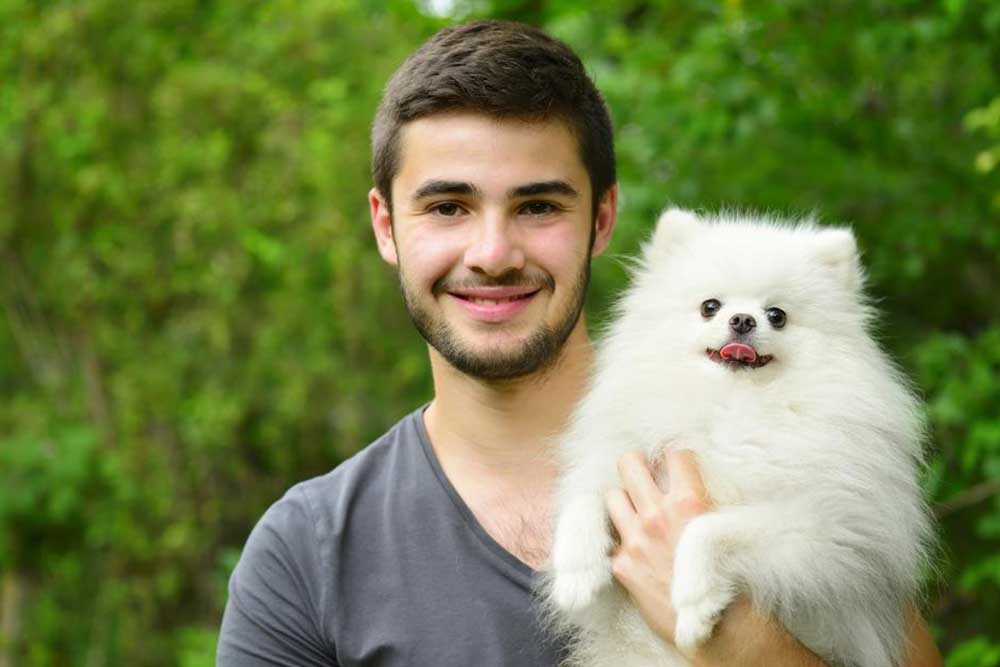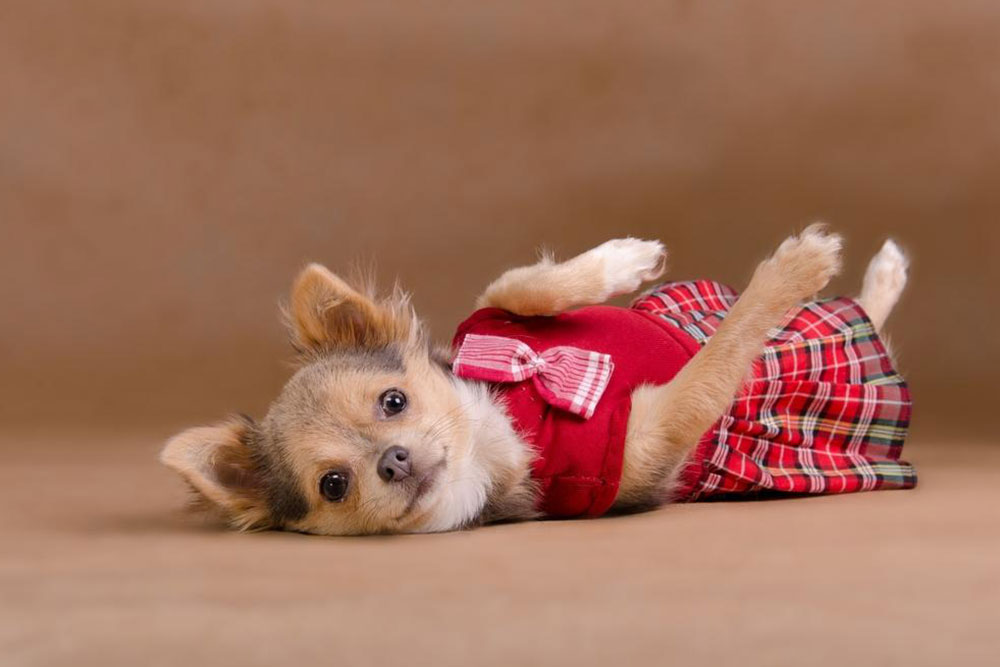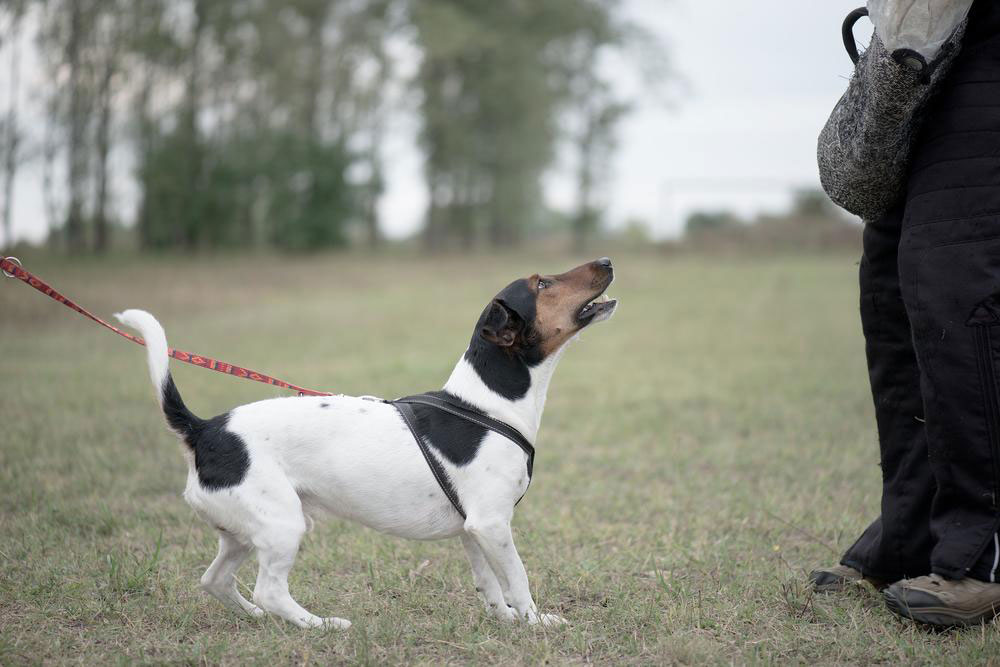Comprehensive Guide to Training Your Shih Tzu: Tips for a Well-Behaved Companion
This comprehensive guide offers practical tips and strategies for training your Shih Tzu. Emphasizing patience, positive reinforcement, and gentle handling, the article helps owners build a strong bond with their furry friend while fostering good behavior. From socialization and housebreaking to daily exercise and personality development, these expert insights ensure a happy, confident, and well-adjusted Shih Tzu. Perfect for new and experienced dog owners, this detailed advice helps nurture a loyal companion who thrives on love and care.

Effective Strategies for Shih Tzu Dog Training
The Shih Tzu is a lovable, small-sized dog breed celebrated for its charming appearance and friendly demeanor. Known for their affectionate nature, these dogs are perfect companions for city dwellers and families seeking a loyal pet that adapts well to apartment life. Their adorable looks and gentle temperament make them a favorite among many dog lovers worldwide.
If you’re planning to bring a Shih Tzu into your home, it's essential to understand the fundamentals of training this unique breed. Proper training not only enhances your dog's behavior but also strengthens the bond between you and your furry friend. In this comprehensive guide, we'll explore detailed tips and strategies to help you train your Shih Tzu effectively, ensuring a happy and harmonious relationship.
Recognize Your Dog’s Unique Personality and Needs
Every Shih Tzu has its own personality, which influences how they respond to training. Before starting any training routines, assess your dog’s physical health and mental state. Pay attention to their energy levels, temperament, and sensitivities. Some Shih Tzus may be more playful and eager to please, while others might be more independent or cautious.
Understanding your dog’s temperament will help you tailor your training approach. For instance, a highly energetic or stubborn Shih Tzu might require more patience, consistent routines, and varied activities. Conversely, a calmer dog might pick up commands faster and respond well to gentle reinforcement.
Facilitate Introduction to Family Members
Introducing your Shih Tzu to all members of the household is a crucial step in ensuring social harmony. Proper introductions help your dog recognize different family members, establish trust, and feel secure in its environment. When introducing your pet to new people, do so in a calm, controlled manner, allowing your Shih Tzu to approach at their own pace.
A gradual introduction minimizes stress and promotes positive associations with family members. For households with young children, supervise interactions closely to teach respectful behavior and ensure safe bonding. Over time, your dog will develop a sense of belonging and familiarity within their new home.
Implement Clear Reward and Correction Systems
Consistency is the cornerstone of successful dog training. Establish clear boundaries for acceptable behavior and stick to them. Use positive reinforcement techniques such as treats, praise, and petting to reward your dog when they demonstrate good behavior. This encourages repetition of desirable actions.
For undesirable behaviors, gentle corrections are recommended rather than harsh punishments. Redirect your dog’s Attention and use calm, firm commands to show disapproval. This balanced approach fosters discipline without creating fear or anxiety.
Remember, your treatment and response significantly influence your dog’s behavior and attitude towards training. Establishing a consistent system makes it easier for your Shih Tzu to understand expectations and develop good habits.
Handle Your Shih Tzu with Kindness and Respect
Harsh punishments or aggressive handling can damage your relationship with your pet and hinder training progress. Instead, opt for gentle, respectful communication. Use a calm voice, patient explanations, and consistent routines to teach your Shih Tzu what is expected.
During playful or mischievous phases common in adolescence, remain composed and redirect their energy towards acceptable activities. Building trust through positive interactions ensures your dog feels safe and loves to learn from you.
Effective canine handling involves patience, understanding, and kindness. Your respectful approach encourages your Shih Tzu to behave well and view training sessions as positive experiences rather than stressful chores.
Express Love and Attention While Encouraging Independence
Shih Tzus thrive on companionship and affection. Dedicate quality time daily to show your love through cuddles, play, and verbal praise. A loving bond enhances their emotional well-being and reinforces your role as their trusted owner.
At the same time, teaching independence is vital. Your dog should be comfortable being alone for periods without anxiety or destructive behaviors. Crate training and supervised alone time help establish healthy boundaries and prevent separation anxiety.
Striking a balance between love and independence creates a confident, well-adjusted dog. Providing structure alongside affection helps your Shih Tzu grow into a balanced companion.
Housebreaking and Toilet Training Techniques
Potty training is one of the first and most important training steps for your Shih Tzu. Consistency in establishing designated bathroom spots and routines minimizes indoor accidents. Take your dog outside frequently, especially after eating, waking, or playing, to develop good habits.
Use commands like "go potty" consistently and reward them immediately after they succeed. This positive reinforcement helps your dog understand what is expected. Be patient during accidents; these are part of the learning process.
Creating a regular schedule, keeping your home clean, and monitoring your pet’s behavior are essential for successful housebreaking. Over time, your dog will learn to associate certain cues with bathroom needs, leading to fewer accidents indoors.
Encourage Daily Exercise and Mental Stimulation
Regular physical activity is essential for the overall health and happiness of your Shih Tzu. Daily walks help expend energy, reduce stress, and prevent behavioral issues. Aim for at least two walks per day, tailored to your dog’s health and energy level.
Beyond walks, provide engaging toys, puzzle games, and training exercises to stimulate their mind. Mental stimulation prevents boredom, which can lead to destructive behaviors such as chewing or excessive barking.
Exercise and mental activities not only promote physical health but also strengthen your bond with your pet, making training easier and more effective.
Building a Positive Personality Through Early Training
The early stages of puppyhood are critical for establishing a well-behaved, confident dog. Early socialization with other dogs, people, and different environments promotes adaptability and reduces fears.
Consistent training during this period sets a solid foundation for future behavior. Although adult dogs can learn new behaviors, they may resist changes, so starting early is always advantageous.
By inculcating good habits from a young age, you create a resilient and obedient companion who is comfortable in various settings and situations.
Using Rewards to Reinforce Positive Actions
Positive reinforcement is one of the most effective training techniques. Reward your Shih Tzu with treats, praise, and affection whenever they perform a desired behavior like sitting, staying, or coming when called.
This encouragement not only promotes obedience but also boosts your dog’s confidence. Avoid punishing undesirable actions; instead, ignore or redirect your pet to preferred behaviors.
Consistent use of positive reinforcement accelerates learning and fosters a trusting relationship between you and your dog.
With patience, kindness, and consistency, you can raise a well-mannered, happy Shih Tzu that thrives in your household and becomes a beloved family member.





